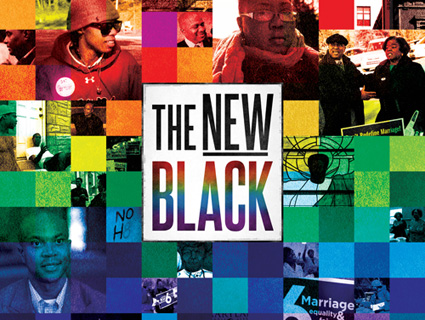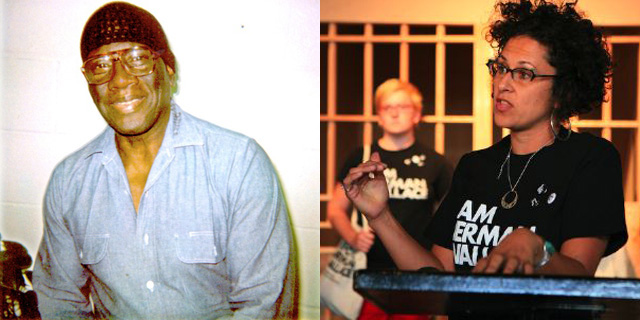LONG SHOT FACTORY
Patrick Creadon, creator of the acclaimed docs Wordplay and I.O.U.S.A., follows TED-talking activist/designer Emily Pilloton and her partner, Matt Miller, as they put rural North Carolina high-schoolers through a “design boot camp.” Their curriculum teaches the essentials of construction and citizenship via real-world projects—the kids design and build a market pavilion the people of their town had always coveted. If You Build It explores the notion that planting the seeds for creative problem-solving could one day help revitalize even America’s most hardscrabble communities. “After you design something,” one student explains, “it builds your confidence so much that you just want to keep doing it.”
This review originally appeared in our January/February issue of Mother Jones.
















